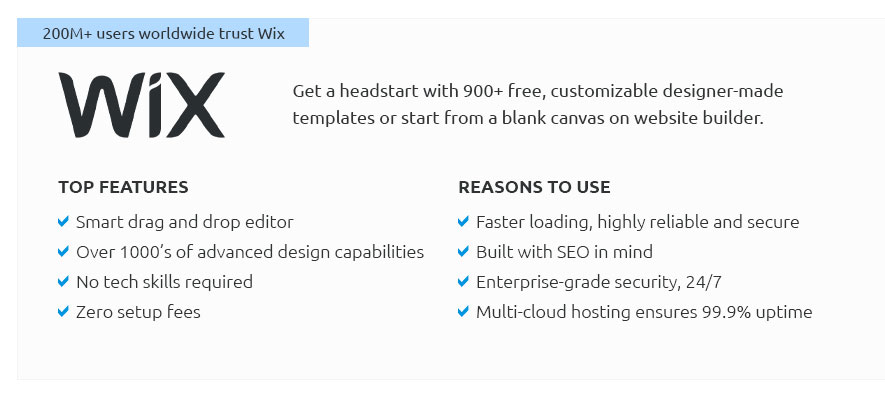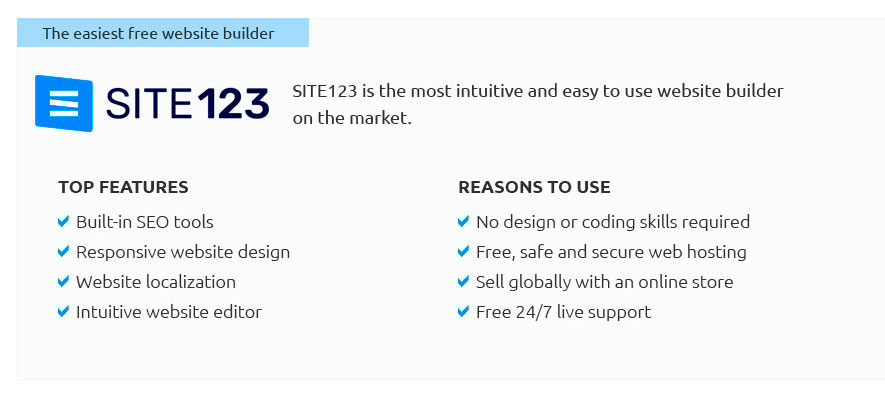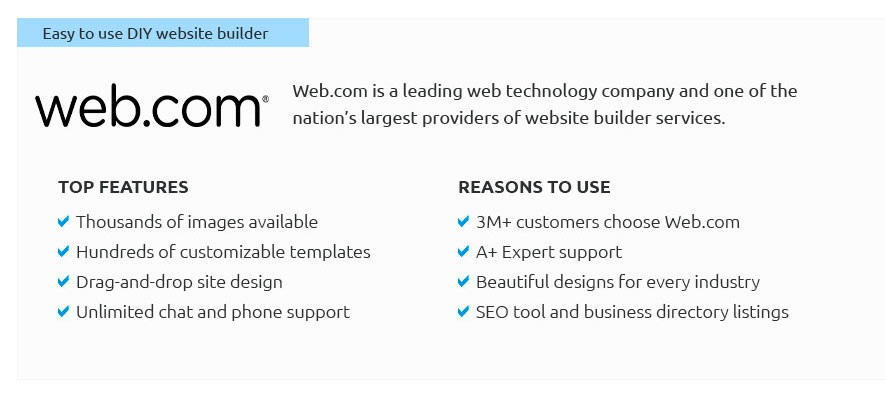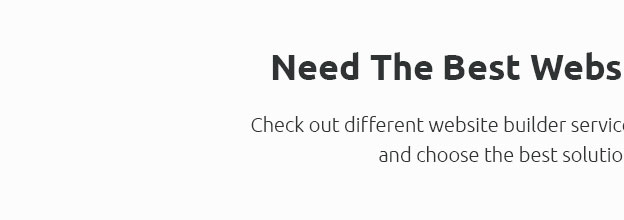 |
 |
 |
 |
|
 |
 |
 |
|
 |
|
 |
 |
|
 |
|
 |
|
 |
 |
DIY Website Builder: Crafting Your Online Presence with EaseIn today's digital age, the ability to create a personal or business website has become more accessible than ever, thanks to the advent of DIY website builders. These tools are designed to empower individuals without any technical background to build professional-looking websites, offering a range of templates, intuitive drag-and-drop interfaces, and customizable features. But how do you choose the right platform, and what should you consider when diving into this creative process? Firstly, it's essential to understand that not all website builders are created equal. Some cater specifically to e-commerce, offering robust shopping cart functionalities and payment gateways, while others might be better suited for bloggers or portfolio sites with stunning visual templates. Therefore, defining your website's primary purpose should be your initial step. For example, if your goal is to sell products, platforms like Shopify or BigCommerce might be your best bet. On the other hand, if you're a creative professional, Squarespace's sleek design options could serve you well. Another crucial consideration is the ease of use. Many DIY builders boast a drag-and-drop feature, which allows you to select elements like images, text boxes, or widgets and place them precisely where you want on the page. However, the learning curve can vary. Wix, for instance, is renowned for its user-friendly interface that provides great flexibility, whereas WordPress.com, while powerful, might require a bit more patience and learning for beginners due to its myriad of plugins and customization options. Cost is also a determining factor. While many builders offer free versions, they often come with limitations such as branded domains and ads. Investing in a paid plan can eliminate these restrictions and provide additional benefits like increased storage, enhanced customer support, and advanced design capabilities. It's advisable to compare the pricing tiers and features across different platforms to ensure you get the most value for your investment.
In terms of support, look for platforms that offer comprehensive help resources, including tutorials, forums, and live support. This can be invaluable, especially when you encounter a roadblock. Lastly, don't underestimate the importance of aesthetics. Your website is often the first impression customers will have of your brand. Thus, investing time in selecting the right color schemes, fonts, and images that align with your brand's identity can make a significant difference. In conclusion, while the process of creating a website can seem daunting, DIY website builders have demystified the journey, making it accessible to anyone with an internet connection and a vision. By considering your site's purpose, ease of use, cost, scalability, SEO, and design, you can create a digital presence that not only reflects your brand but also engages and captivates your audience. Embrace the creative possibilities and start building your online presence today. https://www.register.com/websites/diy-website-builder
Build your own professional website. Create your website & receive one hour free design support. Step 1: Sign up now and get a FREE domain and email. https://10web.io/blog/diy-website-builders/
The best DIY website builder and hosting platforms - 1. 10Web AI Website Builder - 2. Wix - 3. Shopify - 4. Tilda - 5. Duda - 6. Jimdo - 7. https://www.networksolutions.com/website/diy-website-builder
With our easy-to-use website builder, it's a breeze to create a beautiful website or online store with the features, tools, and guidance you need to succeed.
|